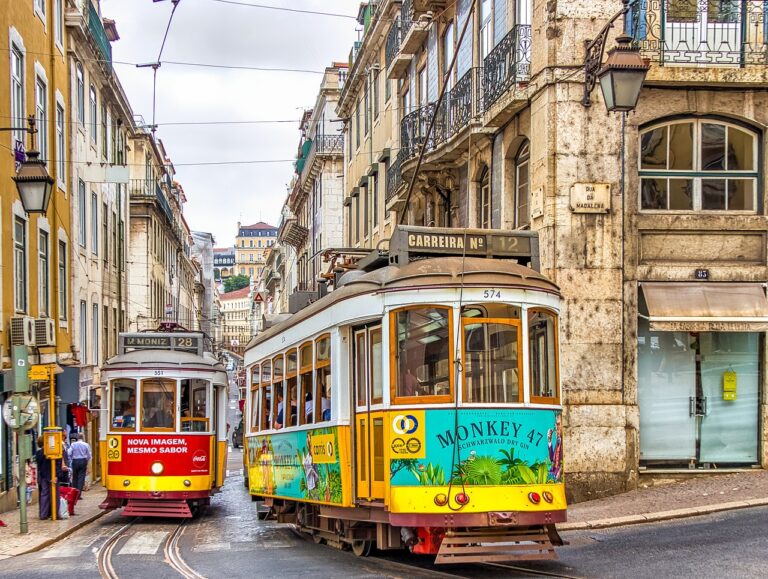The Art of Language Learning While Traveling: Tips for Immersive Language Acquisition
Learning a language while traveling offers a unique opportunity to deepen your cultural understanding and enhance your overall travel experience. By immersing yourself in the local language, you can communicate more effectively with locals, making connections that may not have been possible otherwise. This can lead to more authentic experiences and a greater appreciation for the destination you are exploring.
Furthermore, learning a new language while traveling can also boost your cognitive abilities and improve your problem-solving skills. Studies have shown that bilingual individuals often have increased cognitive flexibility and a better ability to multitask. Engaging in language practice abroad not only enhances your communication skills but also provides mental stimulation that can benefit your brain in the long term.
Finding Opportunities for Language Practice Abroad
Whether you’re exploring the historic streets of Paris or soaking up the sun in Barcelona, there are countless opportunities to practice a new language while abroad. Engaging in everyday tasks such as ordering food at a local restaurant or asking for directions in the native language can provide valuable practice and boost your confidence in using the language in real-life situations.
One of the best ways to immerse yourself in a foreign language is to engage with local communities through conversation and interactions. Joining language exchange meetups, attending cultural events, or volunteering with local organizations can not only enhance your language skills but also deepen your understanding of the local culture. By actively seeking out opportunities to practice the language in authentic settings, you’ll quickly progress in your language learning journey.
Immersing Yourself in the Local Culture for Language Learning
One of the most effective ways to learn a new language is to immerse yourself in the local culture. By surrounding yourself with native speakers and their way of life, you have the opportunity to practice the language in real-life situations and gain a deeper understanding of its nuances. Whether it’s striking up conversations with locals at the market, attending cultural events, or simply observing daily life, immersing yourself in the local culture can greatly enhance your language learning experience.
Moreover, immersing yourself in the local culture allows you to pick up on informal language, slang, and idiomatic expressions that may not be taught in traditional language courses. This exposure to authentic language use helps you to communicate more naturally and effectively, as you learn how to adapt your language skills to different social contexts. Additionally, immersing yourself in the local culture provides a unique opportunity to develop cultural competency and a deeper appreciation for the customs, traditions, and values of the community you are living in.
How can immersing yourself in the local culture help with language learning?
Immersing yourself in the local culture helps you practice the language in real-life situations, improves your language skills through interaction with native speakers, and provides a deeper understanding of the language within its cultural context.
What are some benefits of learning a language while traveling?
Learning a language while traveling allows you to practice in real-world situations, gain cultural insights, improve language skills rapidly, and connect with locals on a deeper level.
How can I find opportunities for language practice abroad?
You can find opportunities for language practice abroad by participating in language exchange programs, enrolling in local language classes, joining community events, volunteering, or simply engaging in conversations with locals.
Is it important to immerse yourself in the local culture when learning a language?
Immersing yourself in the local culture is highly beneficial for language learning as it provides a more authentic and practical learning experience, accelerates language acquisition, and enhances cultural understanding.





